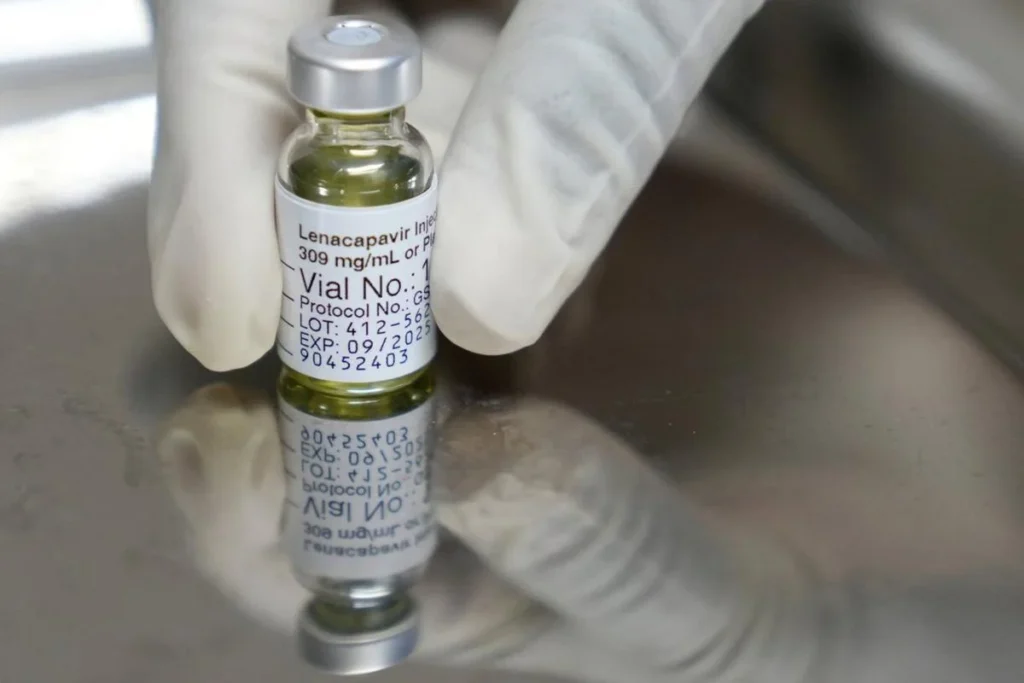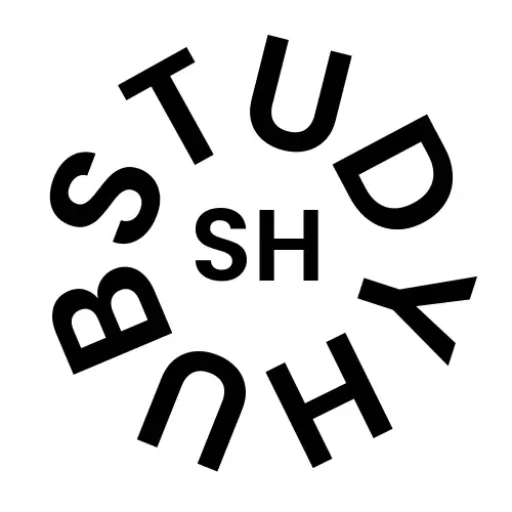WHO Endorses Biannual HIV Prevention Injection Amid Concerns Over Global HIV Funding

The World Health Organization has formally advised that nations adopt the newly sanctioned HIV prevention medication, lenacapavir, as a strategic measure in combating HIV transmission—particularly among high-risk populations and within regions experiencing a notable HIV burden.
This global advisory, announced during the International AIDS Conference held in Kigali, Rwanda, follows the recent authorization by the United States Food and Drug Administration, which approved lenacapavir as a biannual injectable designed to prevent human immunodeficiency virus transmission. While lenacapavir was originally sanctioned in 2022 for treating certain HIV infections, clinical trials assessing its preventive efficacy demonstrated a significant decline in infection rates and offered near-complete protection against the virus.
“These updated directives are intended for practical application in public health settings. The World Health Organization is actively collaborating with national governments and strategic allies to ensure effective implementation,“ stated Dr. Meg Doherty, head of the WHO Department responsible for Global HIV, Hepatitis, and Sexually Transmitted Infections Programmes, during a press conference.
“The primary recommendation advocates the inclusion of the long-acting injectable, lenacapavir, as an additional preventive option for individuals exposed to heightened HIV risk, integrated within a broader framework of combination prevention strategies. This is categorized as a strong recommendation, backed by moderate to high-certainty evidence,” Doherty emphasized.
The secondary recommendation within the new guidelines supports the utilization of rapid diagnostic tools, such as self-administered tests, to screen individuals for HIV at key points—when initiating, maintaining, or discontinuing long-acting prophylactic therapy—a preventive approach widely known as pre-exposure prophylaxis (PrEP).
HIV is predominantly transmitted through unprotected sexual contact or the shared use of contaminated needles. The virus compromises the immune system, and in the absence of appropriate treatment, it can progress to acquired immunodeficiency syndrome (AIDS). As reported by the World Health Organization, an estimated 40 million individuals worldwide were living with HIV by the conclusion of 2023.
Rising Concerns Over HIV Prevention Funding
Pre-exposure prophylaxis (PrEP) has been an established method for HIV prevention over the years. In the United States, this typically includes the use of daily oral medications such as Truvada, or bimonthly injections like Apretude.
Now, lenacapavir—referred to as LEN—administered biannually, offers an additional preventive intervention not only for the United States but also for global application.
“LEN serves as a six-month injectable alternative, which may be particularly beneficial for individuals seeking to reduce the frequency of clinical visits or those who face difficulties adhering to daily oral PrEP regimens. … Its use could enhance treatment adherence, broaden outreach, and provide a viable option for pregnant and breastfeeding individuals,” noted Doherty.
“WHO is extending technical support to countries interested in adopting LEN and streamlined diagnostic approaches, in collaboration with key international stakeholders such as the Global Fund, UNAIDS, and various other donor entities,” she added. “We urge governments, funding bodies, program implementers, and civil society organizations to collaborate in the deployment and integration of LEN into national HIV prevention frameworks. The message is clear—the time for action is now.”
Funding Challenges Threaten Global HIV Prevention Initiatives
Mounting apprehension surrounds the sustainability of financial support for global HIV prevention programs.
According to data from the United Nations, approximately 80% of prevention efforts in low- and middle-income nations are financed through international aid. However, recent developments indicate a notable decline in this support, as the United States has substantially scaled back its foreign aid commitments over the last six months.
The dismantling of the United States Agency for International Development (USAID) and the reduction of funds allocated to the President’s Emergency Plan for AIDS Relief (PEPFAR)—a historically significant initiative representing the largest national pledge ever made to combat a single disease—reflect a critical shift in US global health strategy under the Trump administration.
Gilead Commits to Nonprofit Distribution of Lenacapavir Through Global Fund Partnership
Gilead Sciences, the manufacturer of lenacapavir, declared on Wednesday that it has formalized an agreement with the Global Fund to Fight AIDS, Tuberculosis and Malaria, a nonprofit organization, to provide lenacapavir for HIV prevention on a nonprofit basis. In alignment with this agreement, the pricing model set by Gilead solely reflects the cost of production and distribution of the drug.
“We are offering this medication without profit to Gilead, ensuring sufficient supply to benefit up to two million individuals in low- and lower-middle-income regions prior to the availability of generic alternatives to lenacapavir,” stated Daniel O’Day, Chairman and CEO of Gilead.
